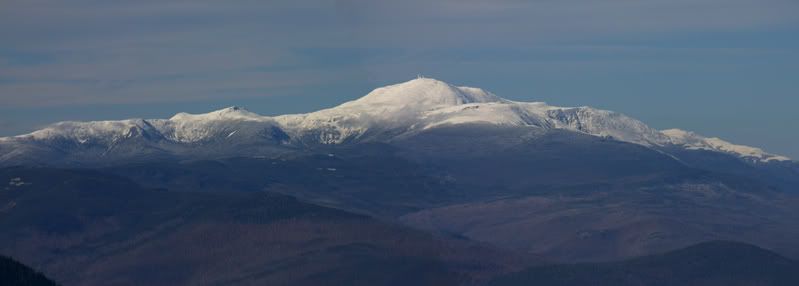forestnome said:
The polarizer isn't neccessary to get blue sky in certain conditions. Below is a shot looking north at sunset with no polarizer. I was afraid of losing the pretty releflection on the water. Would have that been the case?
The polarizer can enhance or reduce the reflection on the water depending on how you orient it. Same with the blue sky.
Low angle reflections off (horizontal) non-metallic surfaces (eg water) tend to be mostly horizontally polarized. Thus a horizontally polarized filter will pass the reflection and a vertically polarized filter will block it. (That is why you rotate the filter to get the desired effect.)
Light scattered from airborne particles (haze) can also be polarized. Back scattering (haze when looking away from the sun) and forward scattering (haze when looking toward the sun) are not polarized and thus the filter will do no good. Side scattering (haze when the sun is off to the side), however, does produce polarized light which can be blocked with a properly oriented filter. Angles other than 90 deg produce partially polarized light. This dependence on scattering angle is why a polarizing filter will have a noticeably different effect across the field of view in a wide-angle shot.
Since the sunrise/sunset pic in question is mostly looking at the sun, my guess is that the polarizer would have only been able to enhance the blue sky a small amount, mostly at the edges of the pic.
(Note that all camera polarizing filters are linear polarization on the outside. So called "circular polarizers" are linear on the outside and convert the light to circular polarization inside the camera because the automatic mechanisms may be affected by linearly polarized light.)
There is an easy tutorial on the topic at
http://www.physicsclassroom.com/Class/light/U12L1e.html
and a more complete one (with pics showing the effects) at
http://en.wikipedia.org/wiki/Polarization.
One more reference, specifically aimed at cameras:
http://www.camerapedia.org/wiki/Polarizer
Doug




